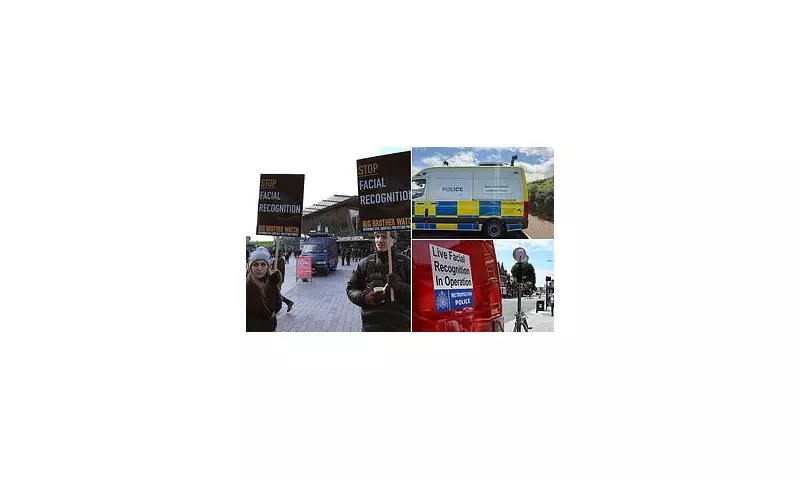
The Rise of Facial Recognition: A Threat to Democracy?
Britain's increasing reliance on facial recognition technology has sparked fierce debate among privacy advocates, lawmakers, and security experts. As police forces and private companies expand their use of this controversial technology, concerns are growing about its potential to erode fundamental democratic freedoms.
The Orwellian Reality
Civil liberty groups warn that the UK is sleepwalking into an Orwellian surveillance state, with facial recognition systems being deployed in public spaces without proper democratic oversight or public consent. "We're seeing a fundamental shift in the relationship between the state and its citizens," warns Silkie Carlo, director of Big Brother Watch.
How Widespread Is This Technology?
- Police forces across England and Wales have conducted over 100 facial recognition deployments
- Major retailers are experimenting with the technology to identify shoplifters
- Transport for London has tested systems at major stations
- Some local councils have implemented surveillance cameras with facial recognition capabilities
The Accuracy Question
Research suggests current systems have significant flaws:
- Higher error rates for women and ethnic minorities
- False positive rates as high as 81% in some police trials
- Potential for algorithmic bias in identification
Legal and Ethical Concerns
The technology raises profound questions about:
- The right to privacy in public spaces
- Mass surveillance without individual suspicion
- The chilling effect on protest and free assembly
- Lack of comprehensive legislation governing its use
What's Next for Facial Recognition in the UK?
As the technology becomes more sophisticated and widespread, the debate intensifies. While proponents argue it's essential for modern policing and security, critics warn it represents an unprecedented threat to civil liberties. The coming years will likely see legal challenges, parliamentary scrutiny, and potentially new regulations governing this powerful surveillance tool.





